Please login or click here to join.
Forgot Password? Click Here to reset pasword
Claydon House was built by the 2nd Earl Verney in the middle of the 18th-century, on land which had belonged to his family since the 15th-century. He built first a stable block, then altered the original manor-house, finally he began an ambitious plan for a massive 250 foot extension which was to contain a ballroom, hall and observatory. Unfortunately, due to a lack of money his grand plans were thwarted, and when his niece inherited, she had the unfinished building pulled down.
All that remains of Claydon today is the west end of the original house. The rich interior belies the starkness of the exterior, and shows magnificent Rococo woodcarvings by Luke Lightfoot, including a unique Chinese Room, parquetry, and a superb wrought- iron staircase. Lightfoot is renowned for his artistry and Claydon possesses woodcarvings of amazing delicacy and detail, ranking amongst the finest of any of England's great country mansions.
The Chinese Room leaves you overwhelmed with its sheer beauty. Joseph Rose, the famed stuccoist is responsible for the amazing plasterwork in the Saloon, Library and stairwell. The staircase shows decorative work in mahogany, ebony and ivory parquetry. The iron-work balustrade is superbly ornate with a garland of delicate ears of corn.
Florence Nightingale was a frequent visitor to Claydon House, her sister married Sir Henry Verney in 1868, and there is a commemorative museum to her on the upper floor.
Claydon House is a lavishly appointed property, with fine furniture, beds, paintings, tapestries, porcelain and other precious artefacts.
Interestingly, the house is said to be haunted by the ghost of Sir Edmund Verney who lost his life at the Battle of Edgehill, in 1642. Another ghost thought to haunt Claydon is that of Florence Nightingale. There have been claims to sightings of a lady dressed in grey who is seen gazing out from the windows of the Rose Room, overlooking the gardens.
The Verney family lived at Claydon House until 1956 when it was given over to the National Trust. It is open to the public from April until the end of October.
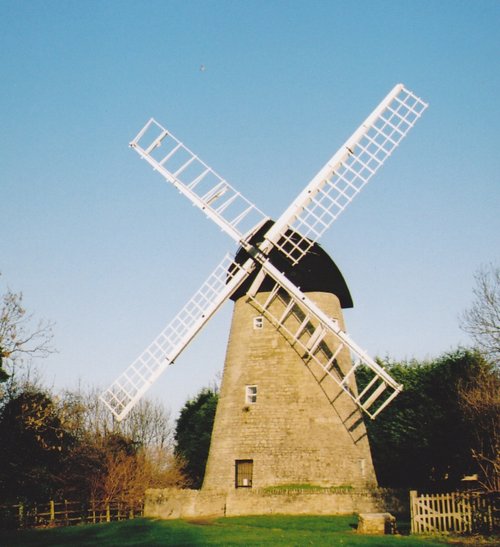
in the county of Buckinghamshire
(11.7 miles, 18.8 km, direction NE)Of interest to visitors to the town is Milton Keynes Museum, this preserves the history of the town and its area from the early 19th century through to the present day...
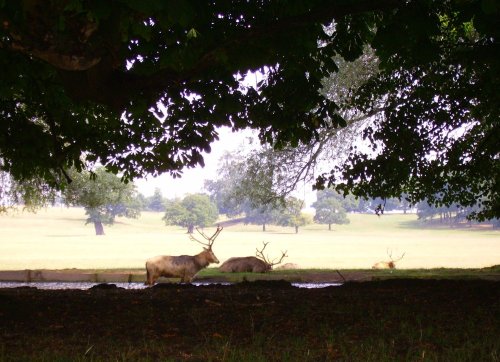
in the county of Bedfordshire
(15.0 miles, 24.1 km, direction E)The picturesque village of Woburn has an mixture of delightful old cottages and the magnificent Woburn Abbey...
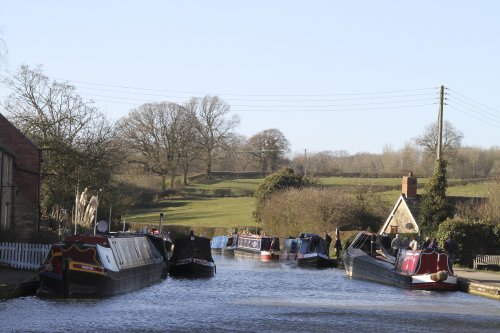
a Picturesque Village in the county of Northamptonshire
(15.5 miles, 24.9 km, direction N)Lying just south of Northampton this beautiful canal village offers a wealth of interest to any boating enthusiast or any country lover...

in the county of Northamptonshire
(15.9 miles, 25.5 km, direction NW)USA President George Washington's ancestral home in England...

a Historic City in the county of Oxfordshire
(17.4 miles, 28.0 km, direction SW)Oxford's fame is perhaps second only to Windsor, it is an acclaimed seat of learning with a University whose first college was founded in 1249, almost half a century after the first charter granted to the town by Henry II...
All towns in Buckinghamshire
The Tallest Windmill in Buckinghamshire..
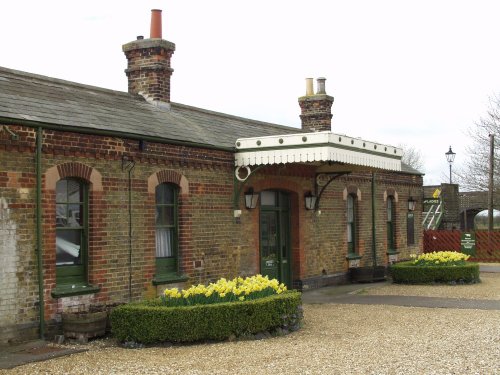
..

Creator of Waddesdon, Baron Ferdinand de Rothschild, who was a great fan of France and its arts, together with his french.....
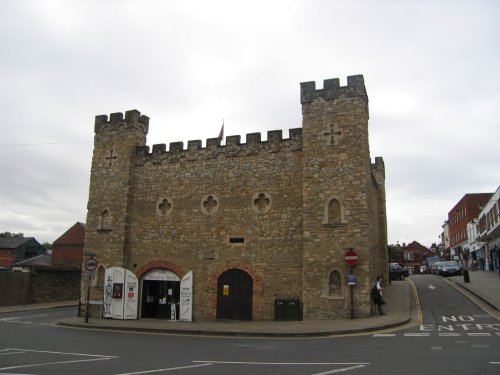
..

Long Crendon is a beautiful Buckinghamshire village which is possibly best know for its stunning 15th century Courthouse, given.....